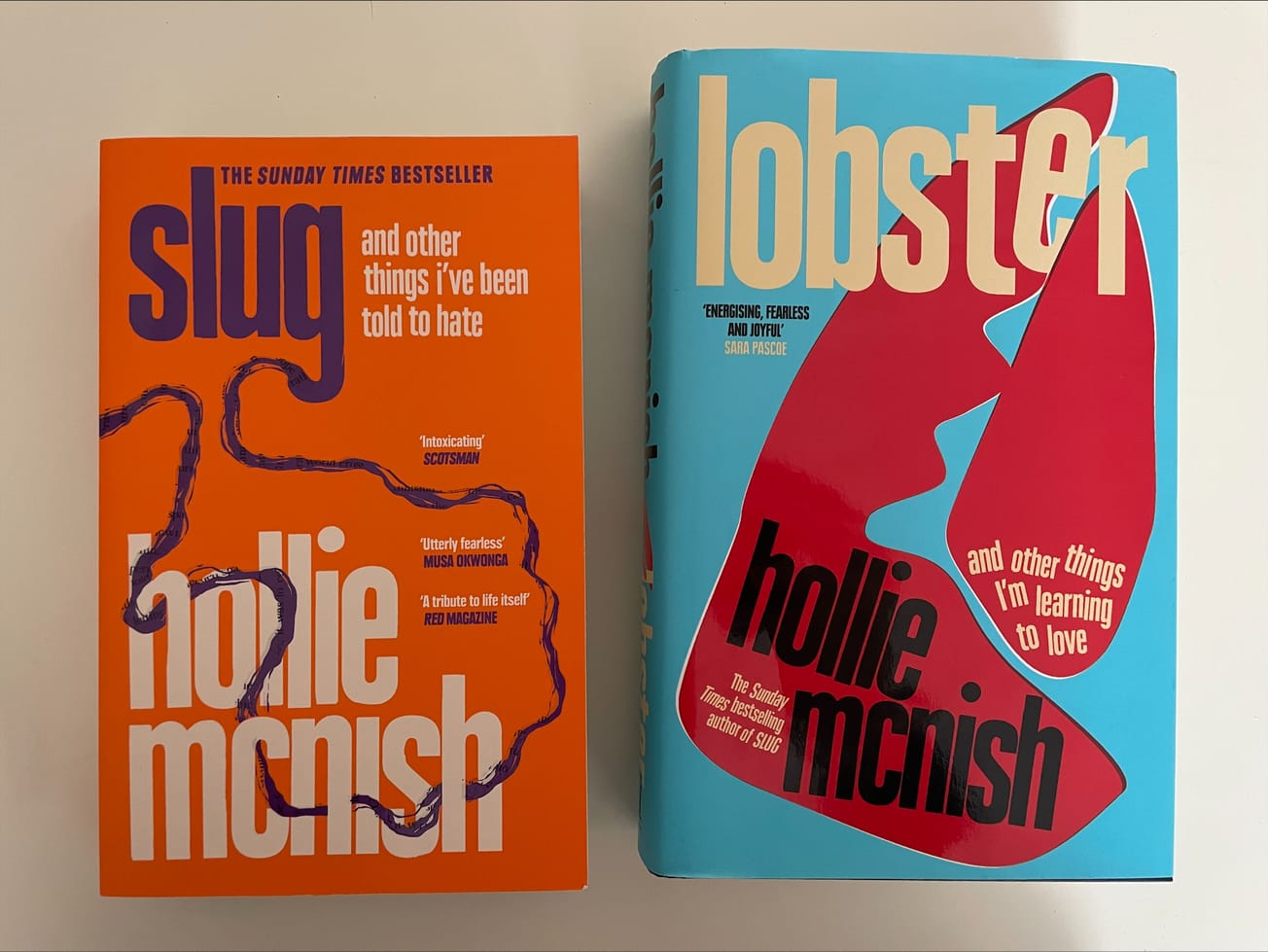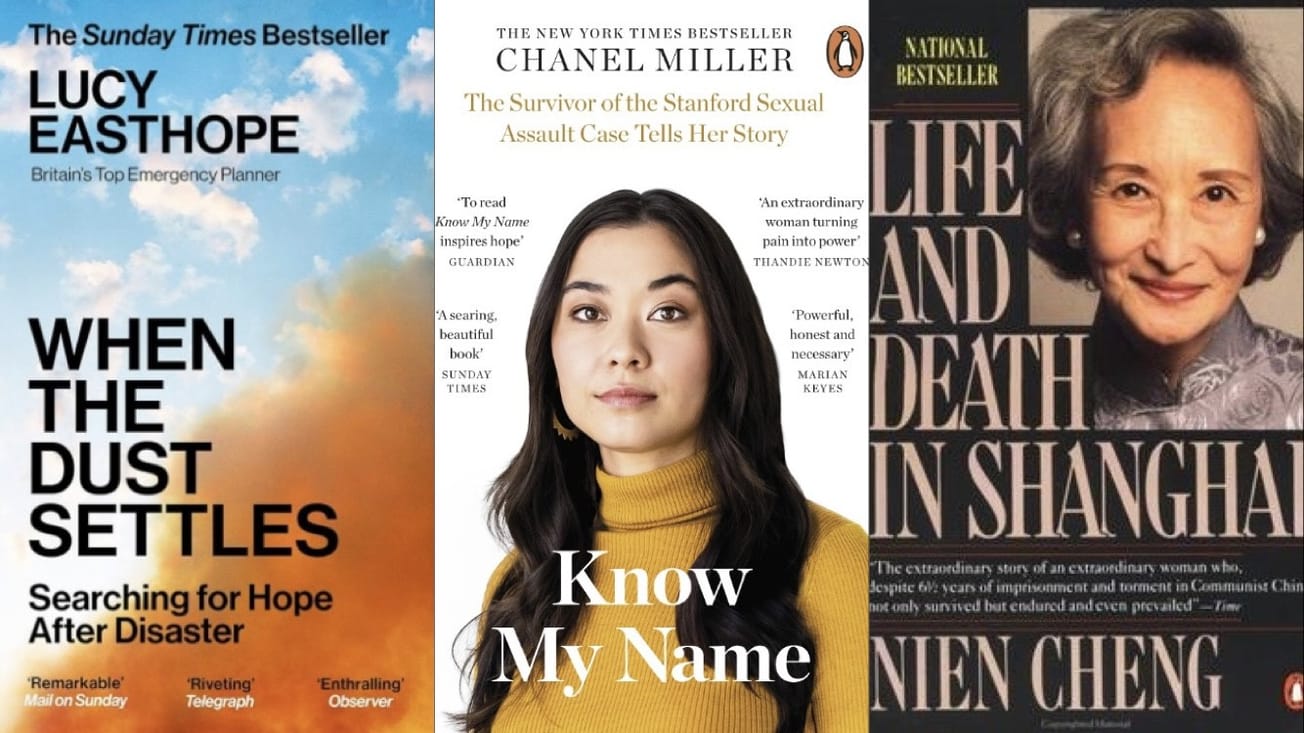By Immy Howse, Second Year English Literature
Immy Howse responds to the announcement of the Man Booker Prize 2018 and questions the value of literary prizes.
Anna Burns’ Milkman was recently announced as the winner of the 2018 Man Booker Prize and, as is always the case with literary awards, this decision was met with both appreciation and backlash. This is an inevitable outcome – the reviewing of anything creative – whether it be literature, film, art, theatre or music – is entirely subjective. Some readers will hate what others adore; the most commercially popular series may have the most condemning reviews… so how do we choose the winners of these prestigious awards?
We are delighted to announce our #ManBooker2018 winner is Milkman by Anna Burns https://t.co/ReKPbcWoM6 #FinestFiction pic.twitter.com/tW8vmF7nVj
— Man Booker Prize (@ManBookerPrize) October 16, 2018
The answer of course is that we don’t: literary awards such as the Man Booker Prize are not judged by the public, but instead by a chosen panel. This year the panel was chaired by the philosopher Kwame Anthony Appiah, with the judges consisting of crime writer Val McDermid; cultural critic Leo Robson; feminist writer and critic Jacqueline Rose; and artist and graphic novelist Leanne Shapton.
"the judges can never represent every reader there is, nor can they read every book of the year"
The Man Booker Prize was keen to assert that ‘this year’s judging panel is… stellar in its distinction,’ and that ‘its members have a stunningly broad range of tastes and enthusiasms… They are all long-standing champions of creative work who will be
open to any excellent novel that may come their way, regardless of genre or geography.’ And as far as any of us know, this was and still is true. But no matter how diverse the panel is and no matter how many categories of novels they are open to reading: the judges can never represent every reader there is, nor can they read every book of the year. And therein lies one of the problems.
Prizes can never be fair: a different panel of judges would have probably chosen a different winner. They may have had different tastes in genre; they may have had different interpretations of what constitutes ‘a good novel.’ And what does make a novel good or bad? Sales? Evidently not, otherwise 50 Shades of Grey ought to have been considered back in 2011. Ratings? Not necessarily –Lincoln In The Bardo, last year’s winner, is rated an average of 3.8/5 stars on the popular review site Goodreads. So what, then? Poetic writing? A mind-blowing plot twist? Such a speculative list could go on forever as there is no clear definition of what makes a good book because the notions of ‘good’ and ‘bad’ reside in an entirely subjective realm.
"whatever book is chosen will start a conversation; it will get more people reading and it will help someone out there find their new favourite book"
If you ask me, the quality of literature lies in how people are affected by it: my favourite books are those that have moved me emotionally, those which have given me a new perspective on a concept or event, or simply those I had the most fun reading. But once again, that’s my opinion.
So, just because we will never find a book that everyone agrees is the best of the year, and a panel of judges will never be able to read every book published, does that mean we should discard literary prizes entirely? Of course not. All literary prizes aim to do is find what they deem to be ‘a good book.’ And whether this stirs controversy or not, whatever book is chosen will start a conversation; it will get more people reading and it will help someone out there find their new favourite book. And none of the above are bad things.
The inside story of judging the Man Booker prize 2018 | Val McDermid https://t.co/sBXJdKm3em
— Guardian Books (@GuardianBooks) October 17, 2018
What we must be careful of is to not allow literary awards to become limiting. We must not restrict ourselves to reading only novels which are deemed worthy of acclaim, and we must not let our opinions of which books are ‘good’ and ‘bad’ be decided by others. Literary awards ought to include and not exclude – they ought to seek out varying genres and diverse authors, and not disregard novels which do not fit the quintessential mould of ‘literary fiction'.
Writing this article has encouraged me to read Anna Burns’ Milkman. Maybe I’ll love it, maybe I’ll hate it. But I’ll be sure that I decide how ‘good’ or ‘bad’ I think it is based on my own reading experience, and not because of the value that has been recently placed on it by the literary sphere.
Feature Image: Unsplash / Christin Hume
Do you think that literary prizes have any value? Let us know in the comments below or on social media.









